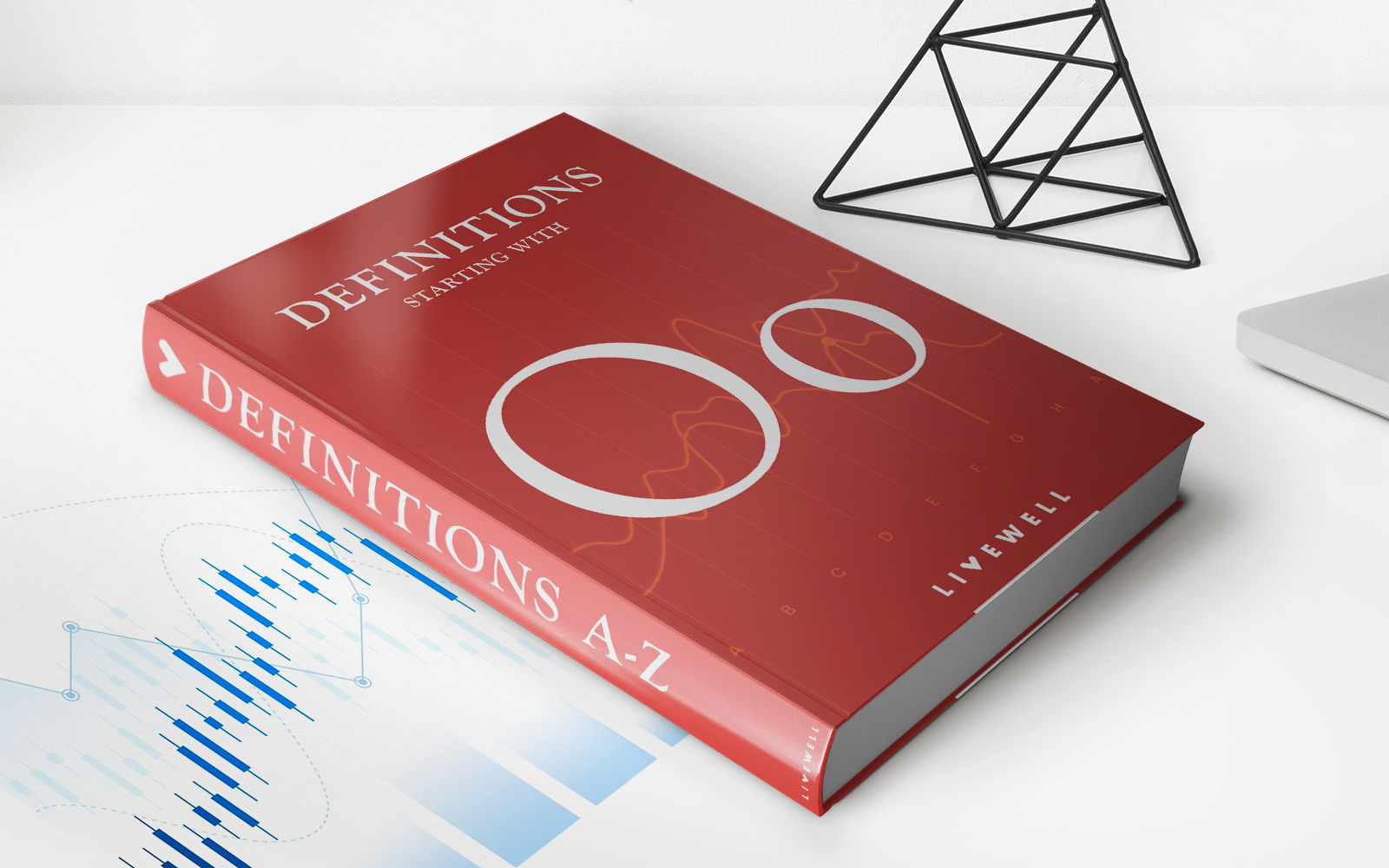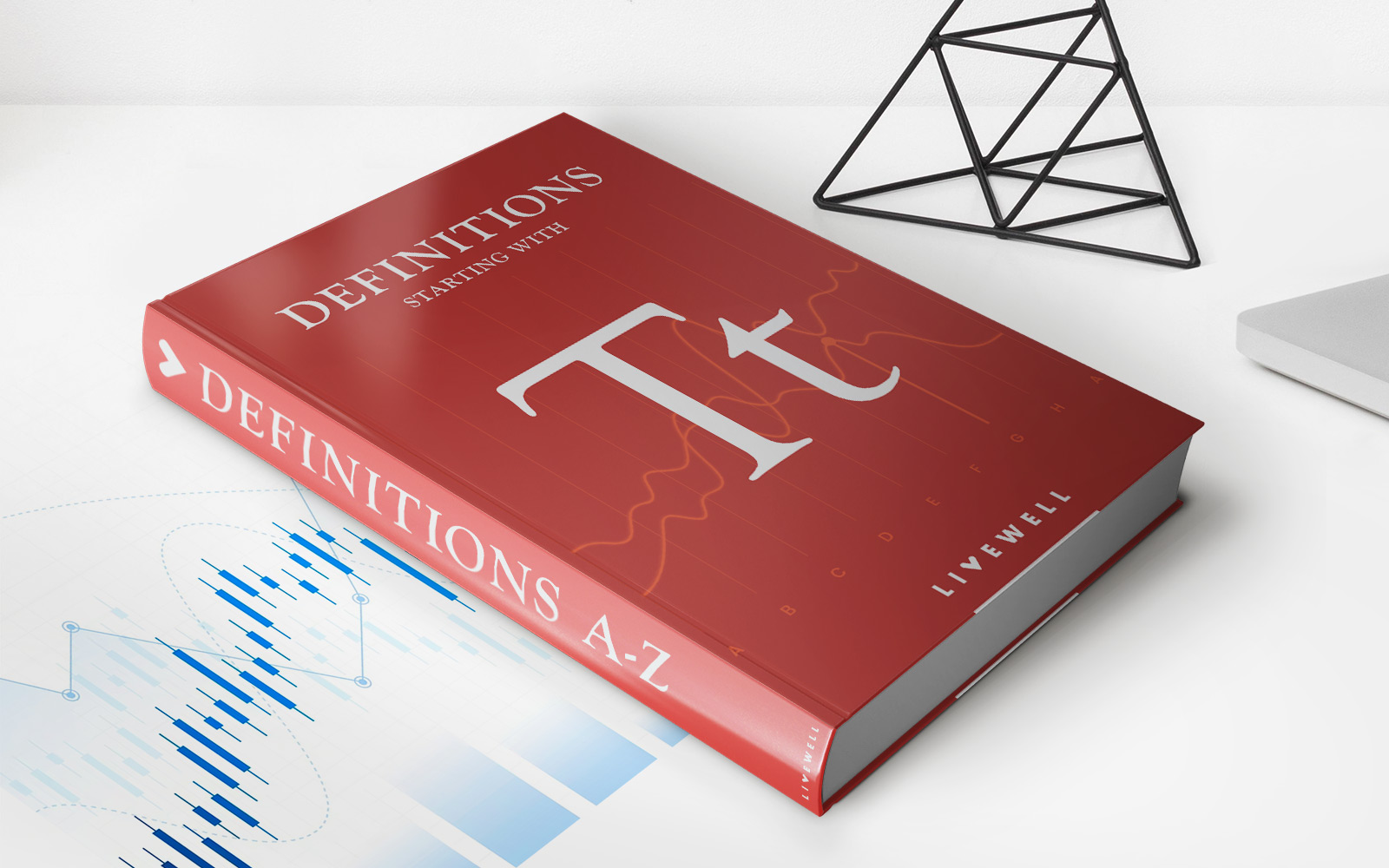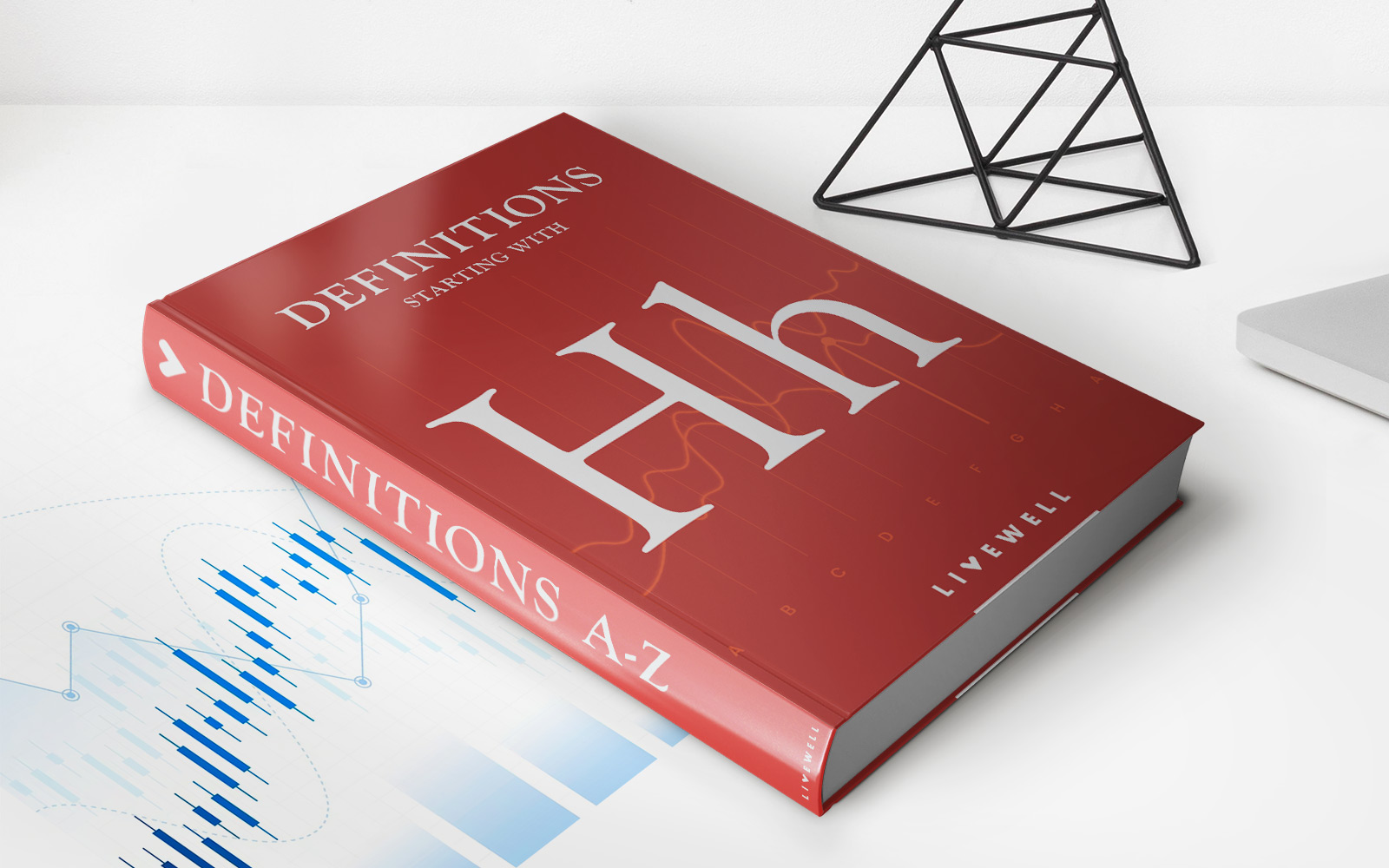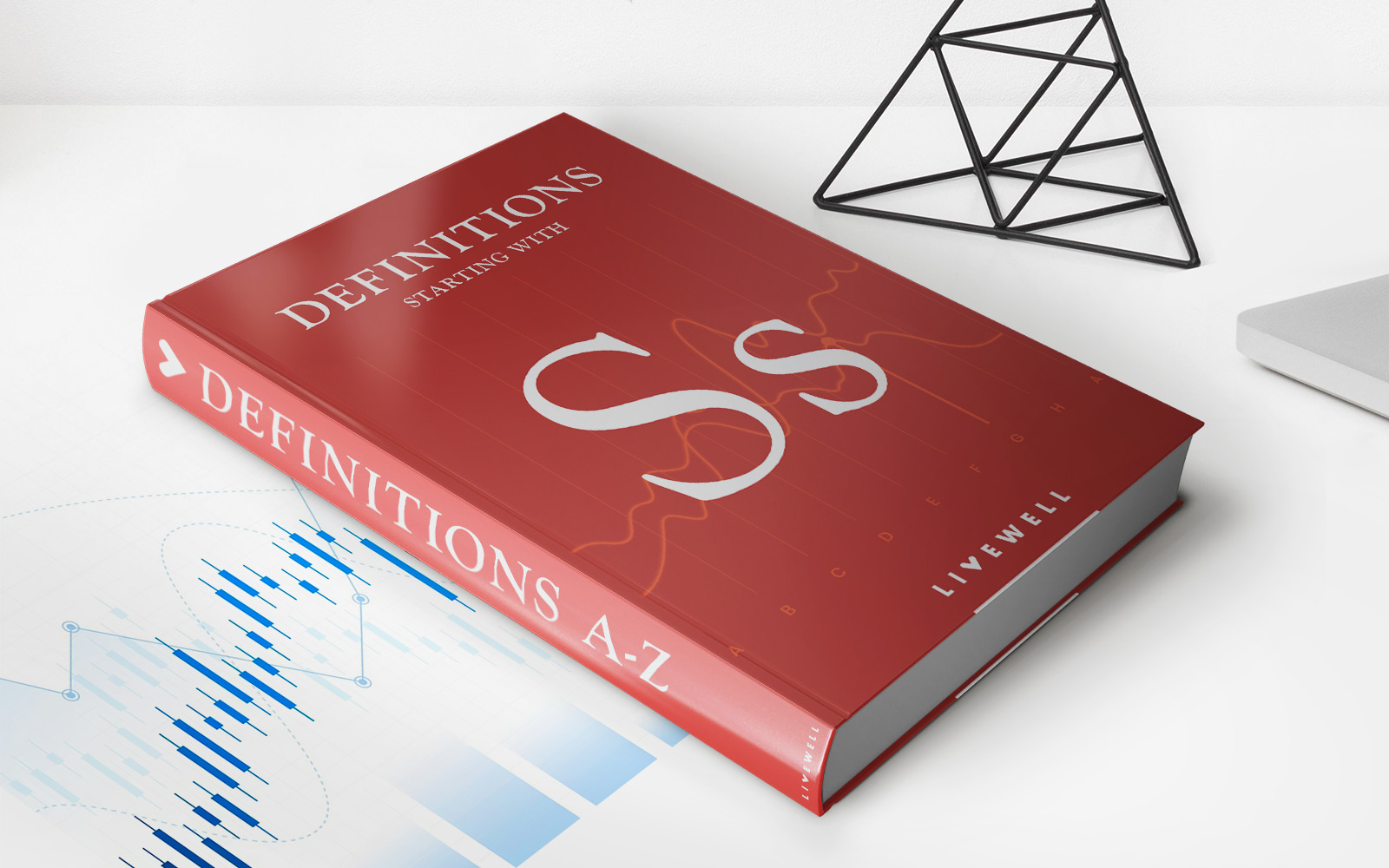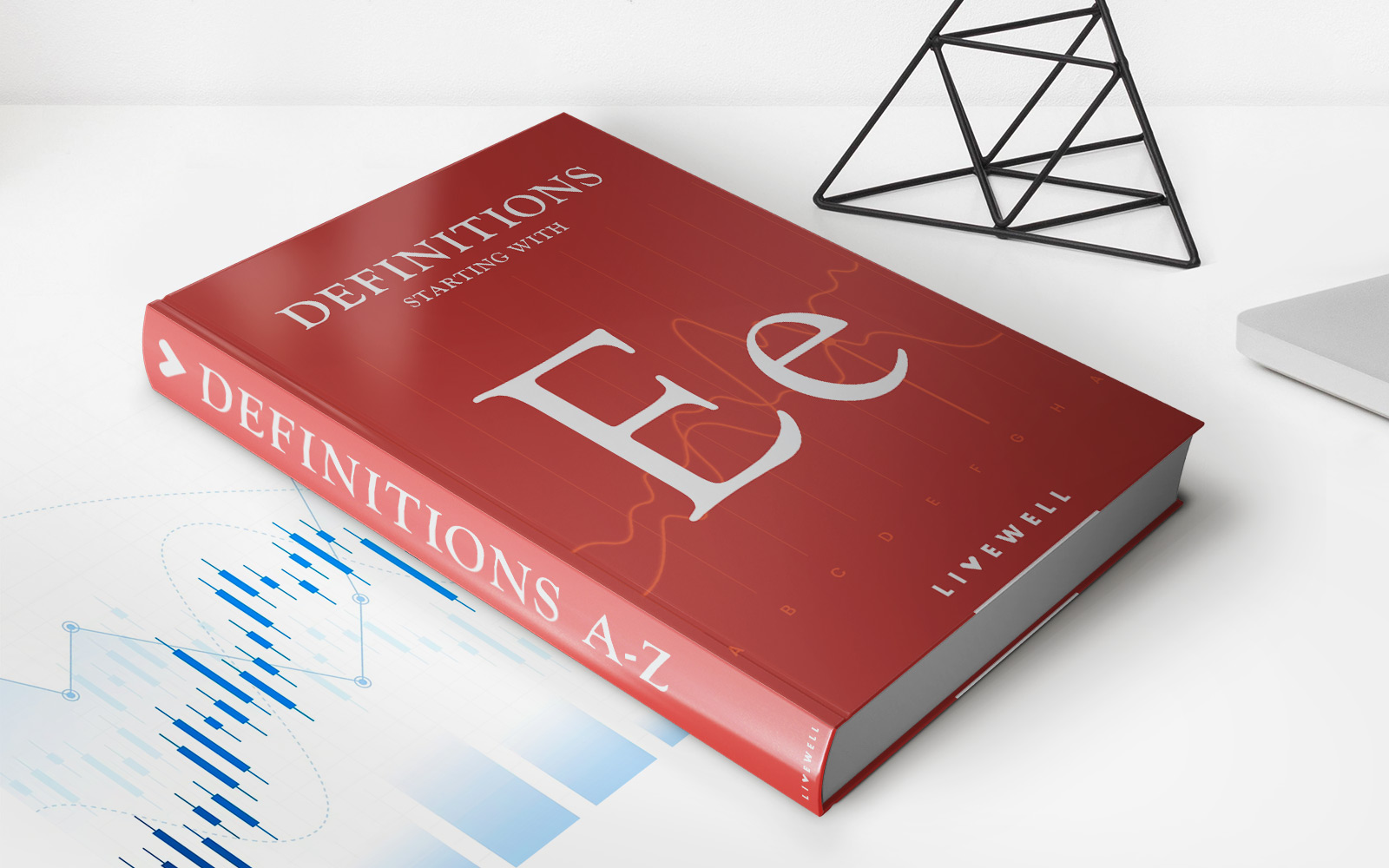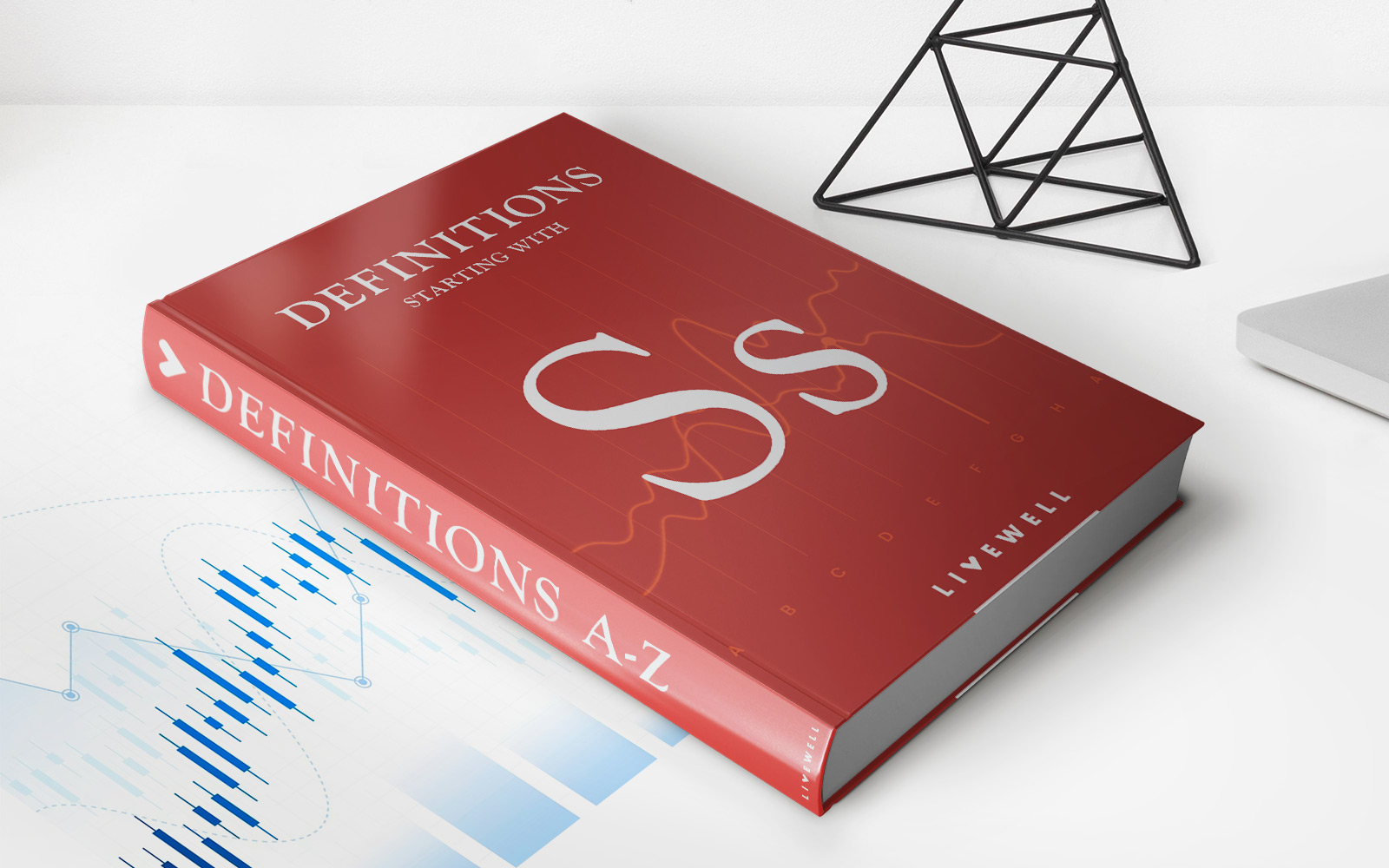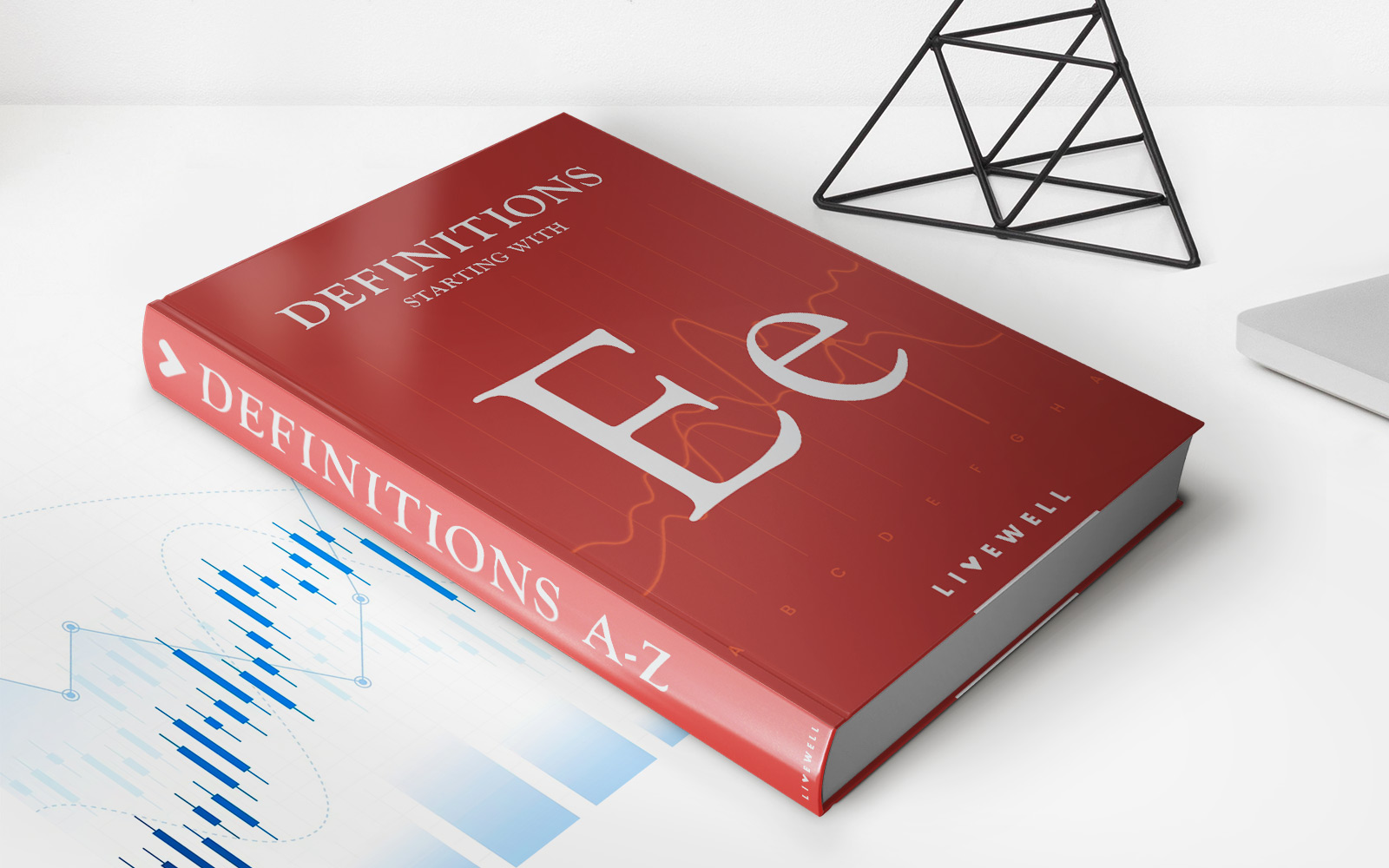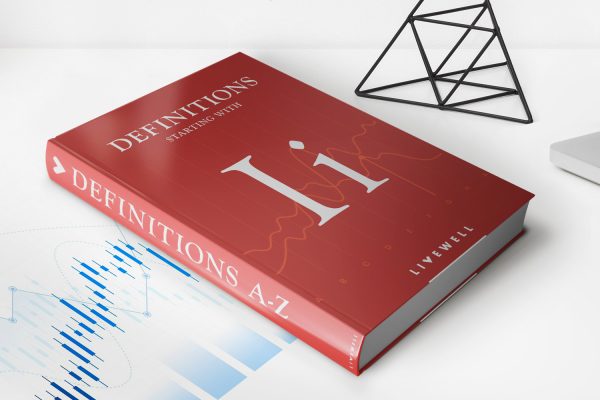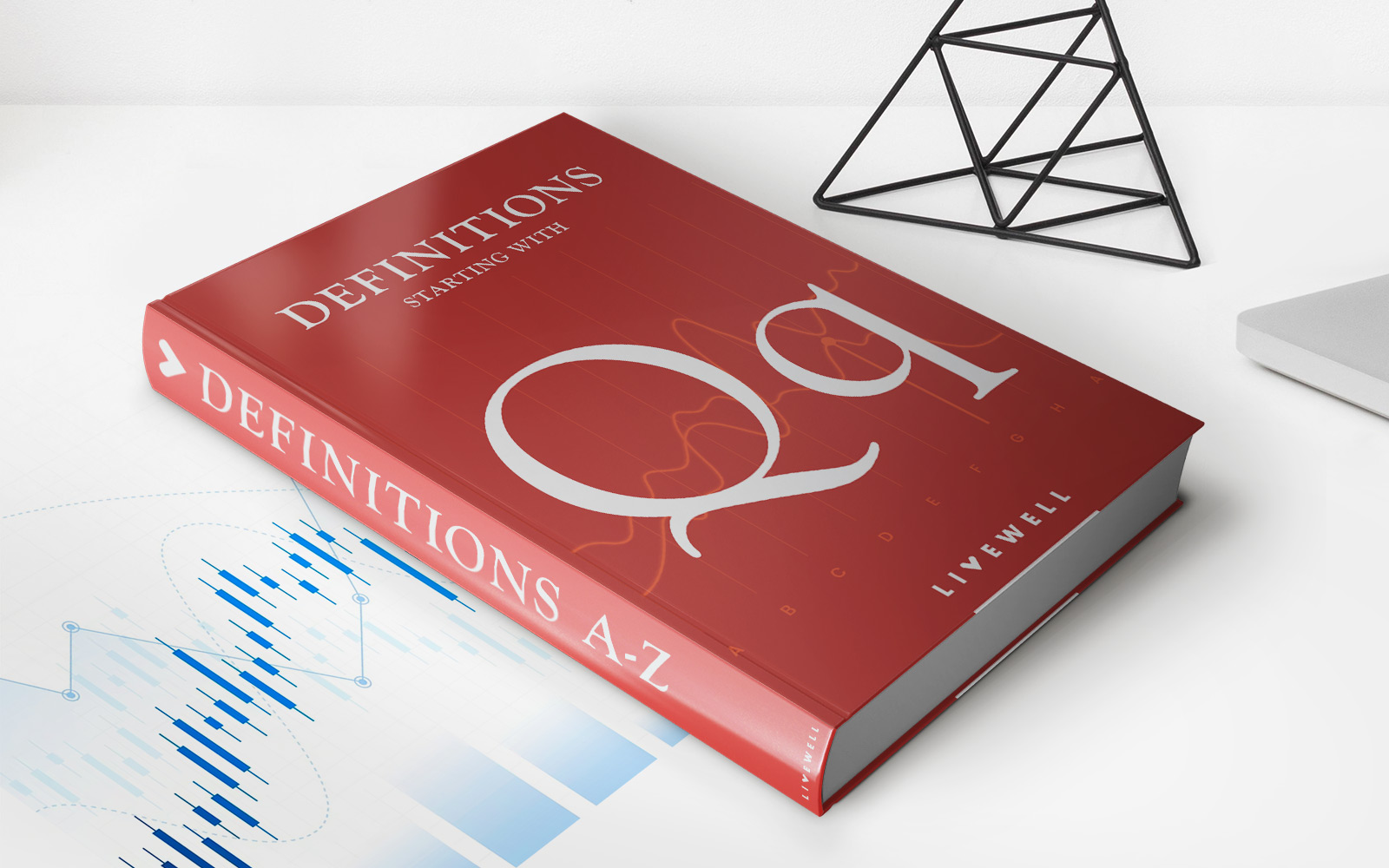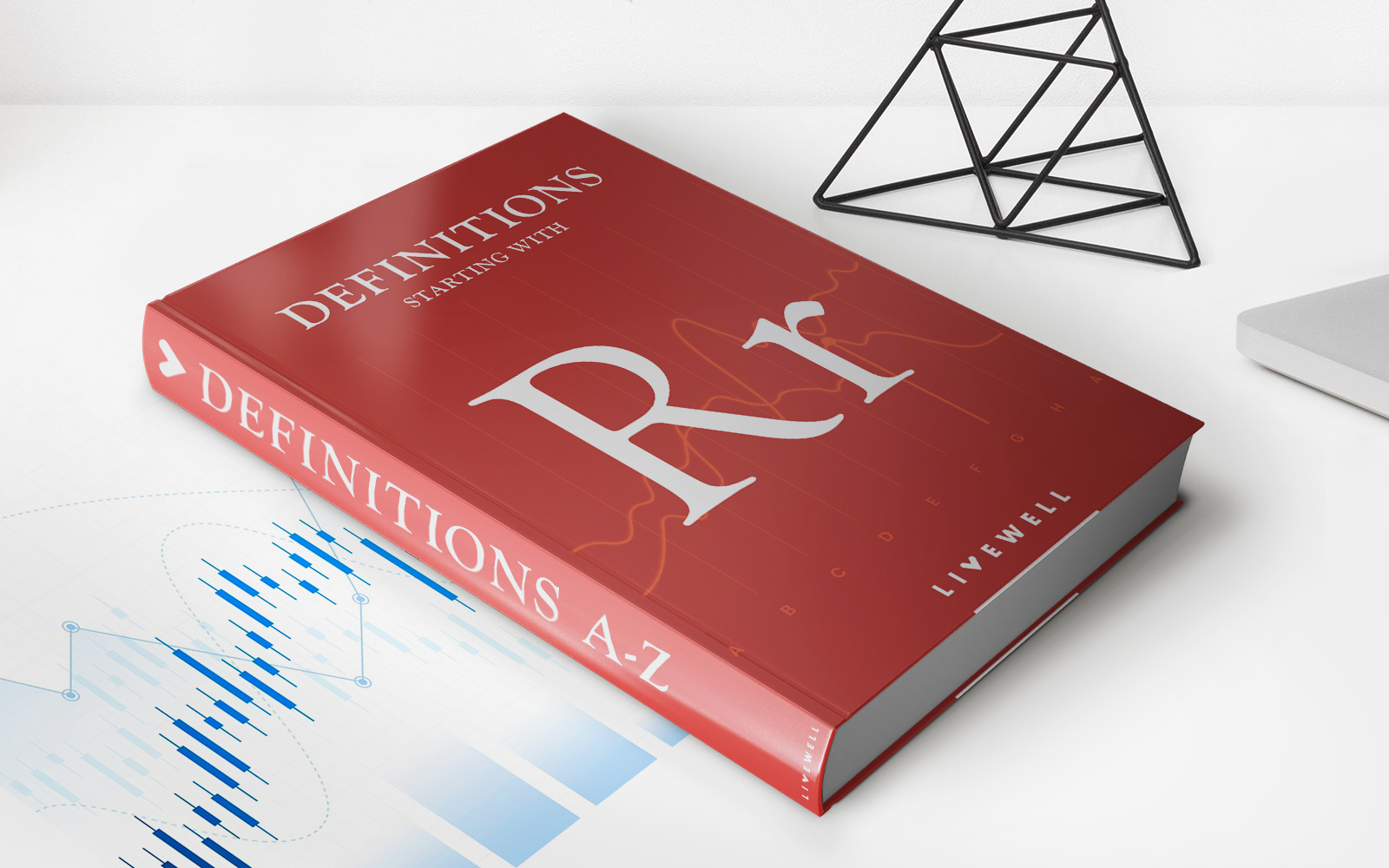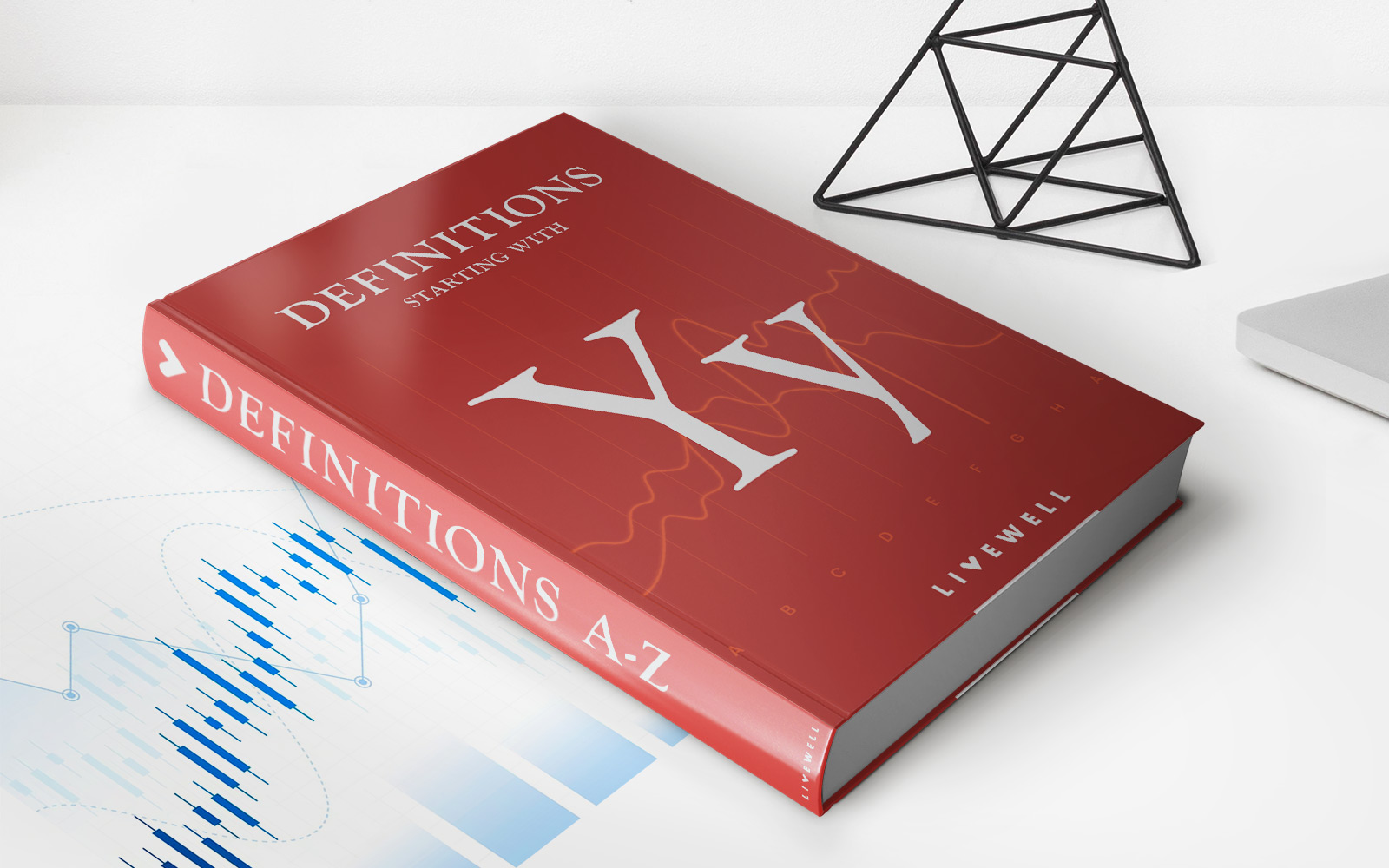Home>Finance>Neutrality Of Money Theory: Definition, History, And Critique
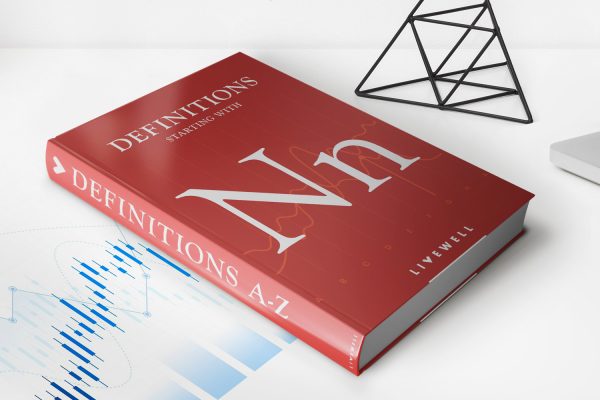
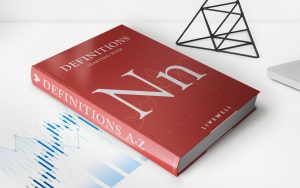
Finance
Neutrality Of Money Theory: Definition, History, And Critique
Published: December 30, 2023
Learn about the Neutrality of Money theory in finance, including its definition, historical context, and critical analysis.
(Many of the links in this article redirect to a specific reviewed product. Your purchase of these products through affiliate links helps to generate commission for LiveWell, at no extra cost. Learn more)
Neutrality of Money Theory: Definition, History, and Critique
Welcome to another exciting installment of our FINANCE blog category! Today, we are delving into a fascinating topic that has long captivated economists and financial experts alike – the Neutrality of Money Theory. Have you ever wondered if changes in the money supply have a significant impact on the real economy, or if money is simply a neutral factor? Well, this blog post aims to demystify and explore the history, definition, and critique of this intriguing theory. So, let’s jump right in!
Key Takeaways:
- The Neutrality of Money Theory suggests that changes in the money supply do not have a lasting impact on the real economy in the long run.
- According to this theory, money is considered a neutral veil that only affects nominal variables like prices and wages.
The Neutrality of Money Theory proposes that changes in the money supply have no effect on real variables such as output, employment, or economic growth in the long term. Instead, it posits that money acts as a neutral veil, only influencing nominal variables such as prices and wages. This theory has a long history dating back to classical economists like David Hume and David Ricardo, but it gained renewed attention in the 20th century through the works of economists like Irving Fisher and Milton Friedman.
Now, you might be wondering, “Does this mean that money has no role in shaping the economy?” Great question! While the Neutrality of Money Theory argues that money’s impact is limited to nominal variables, it does not deny that changes in the money supply can have short-term effects on the real economy. For example, an increase in money supply may lead to a temporary boost in spending and economic activity. However, according to this theory, these effects will eventually dissipate, and the economy will return to its natural equilibrium.
A Critique of the Neutrality of Money Theory
As with any economic theory, the Neutrality of Money Theory is not without its critiques. Here are some of the common arguments against it:
- Implicit Assumptions: The theory assumes perfect price flexibility and rational expectations, which are unrealistic assumptions in the real world. In reality, prices and expectations are often sticky, leading to deviations from the neutrality of money.
- Monetary Policy Impact: Critics argue that changes in the money supply can have significant short-term effects on output and employment, especially during times of economic downturns or crises. These effects challenge the idea of money neutrality.
- Distributional Effects: Critics also point out that changes in the money supply can exacerbate income and wealth inequality, as those who receive the new money first benefit the most. This challenges the assumption of a neutral distributional impact.
In conclusion, the Neutrality of Money Theory suggests that money’s influence on the real economy is limited and temporary, with its main impact residing in nominal variables such as prices and wages. While this theory has its supporters, it also faces valid criticism regarding its assumptions and the short-term effects of monetary policy. Understanding and exploring different economic theories like this helps us navigate and analyze the complex world of finance and its interplay with the broader economy.
We hope you found this blog post enlightening! Remember to check back regularly for more captivating articles from our FINANCE category. In the meantime, feel free to explore the other exciting topics we have to offer. Happy reading!
